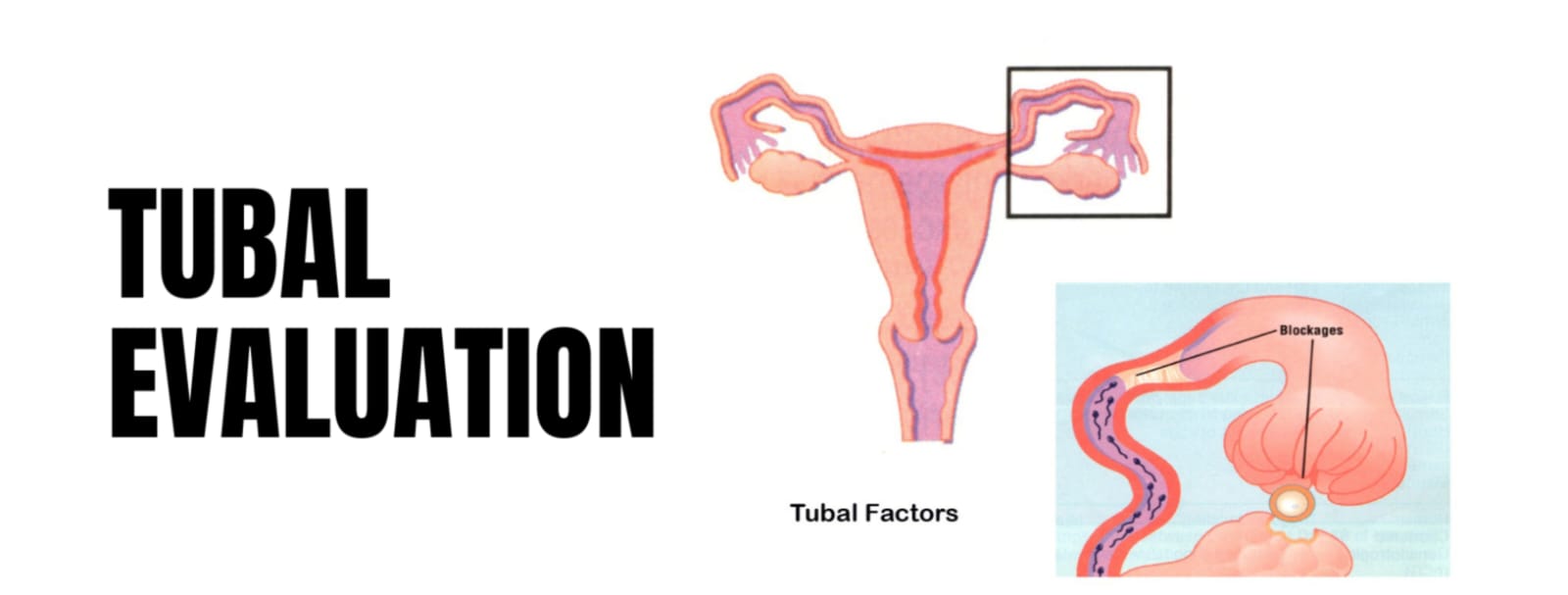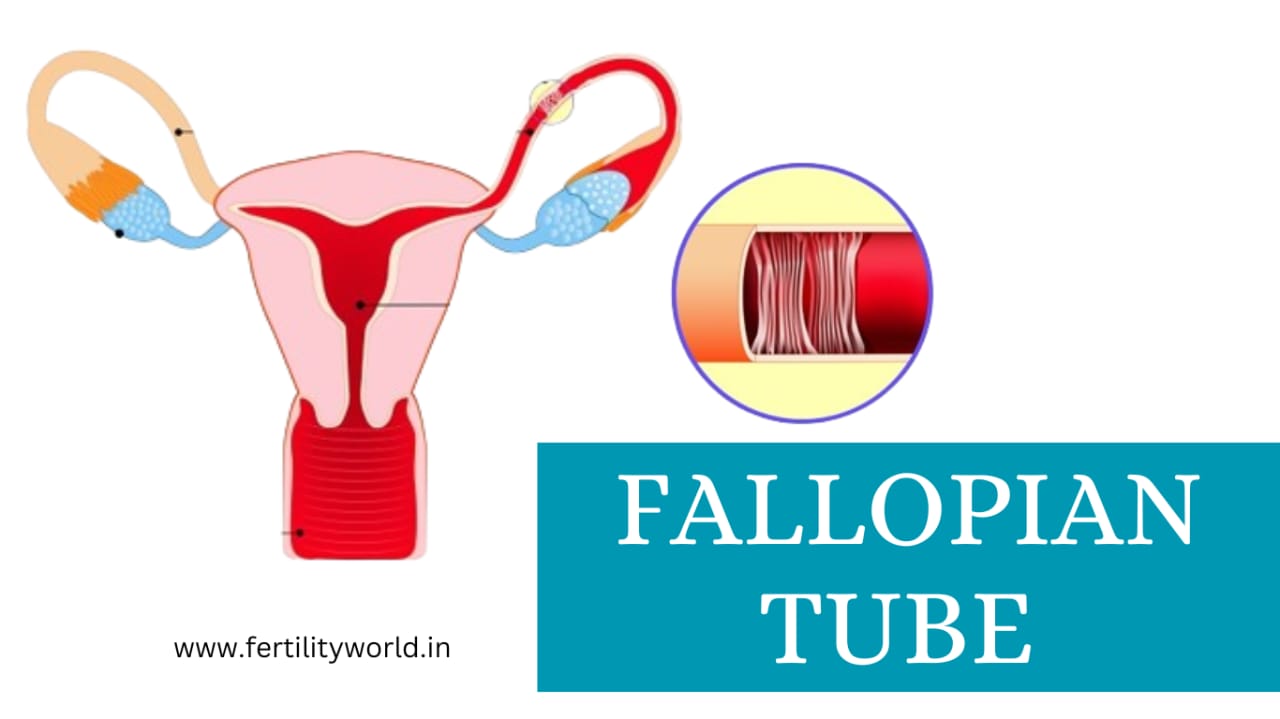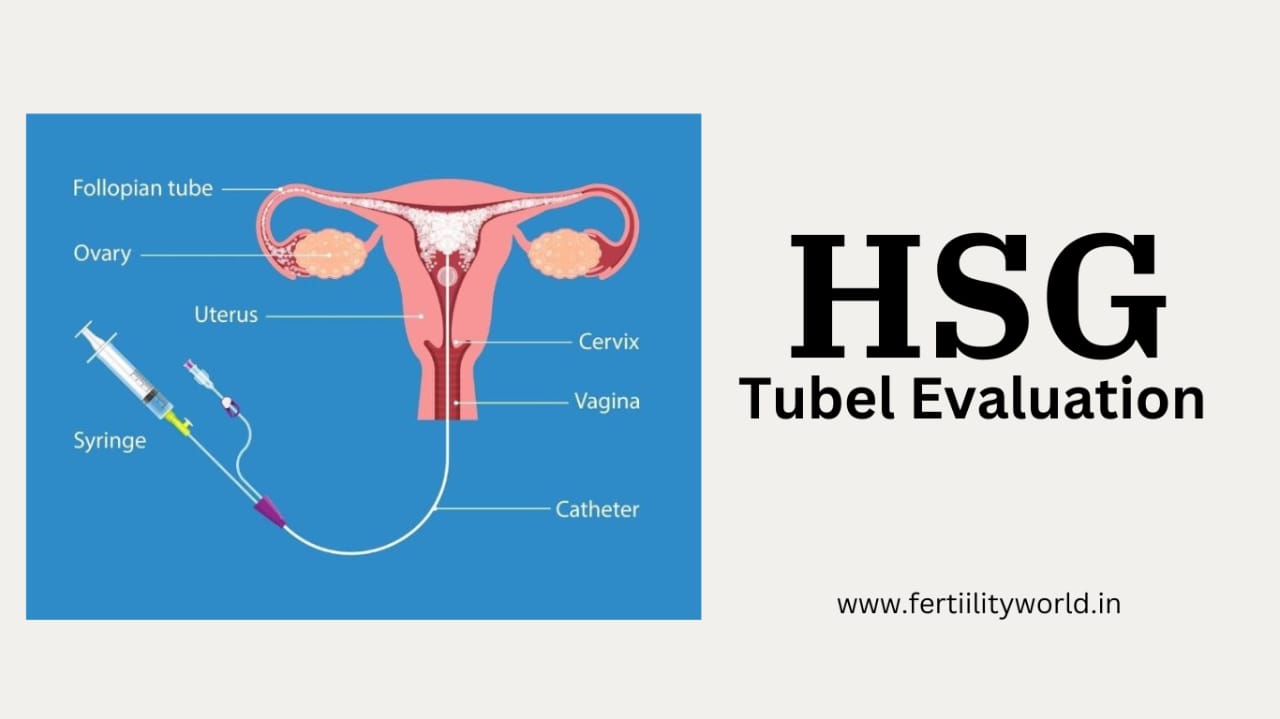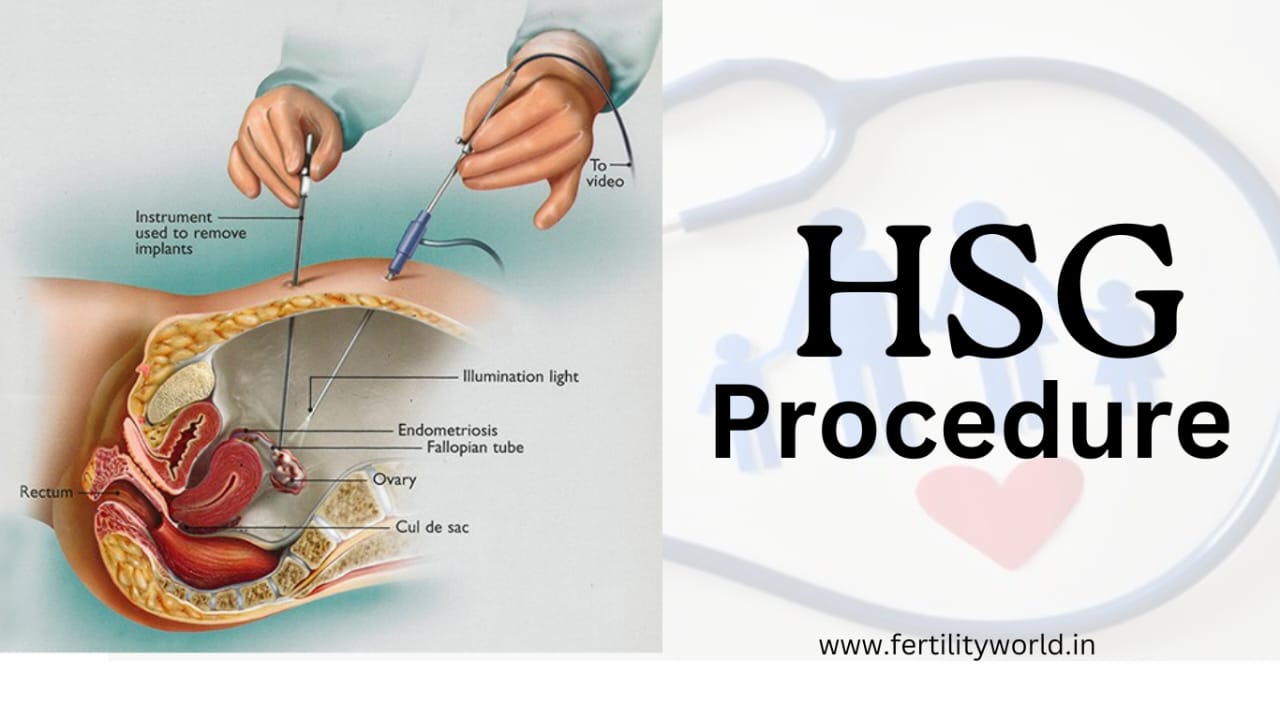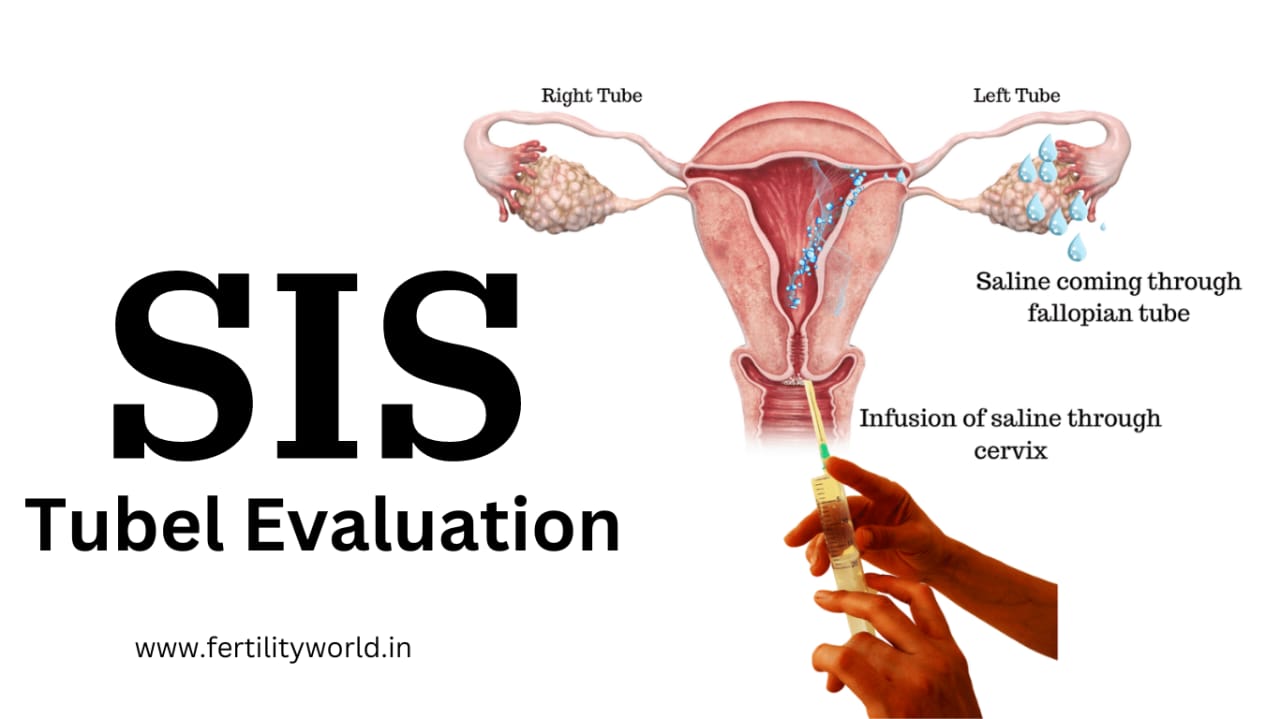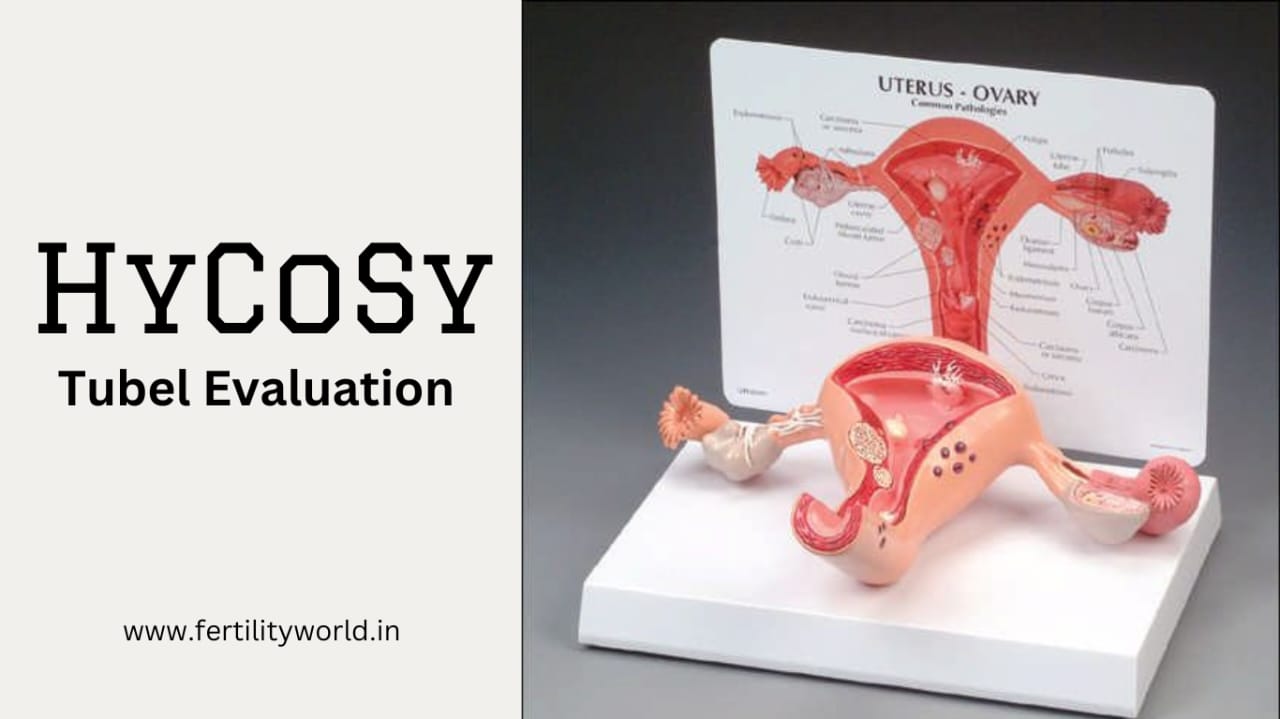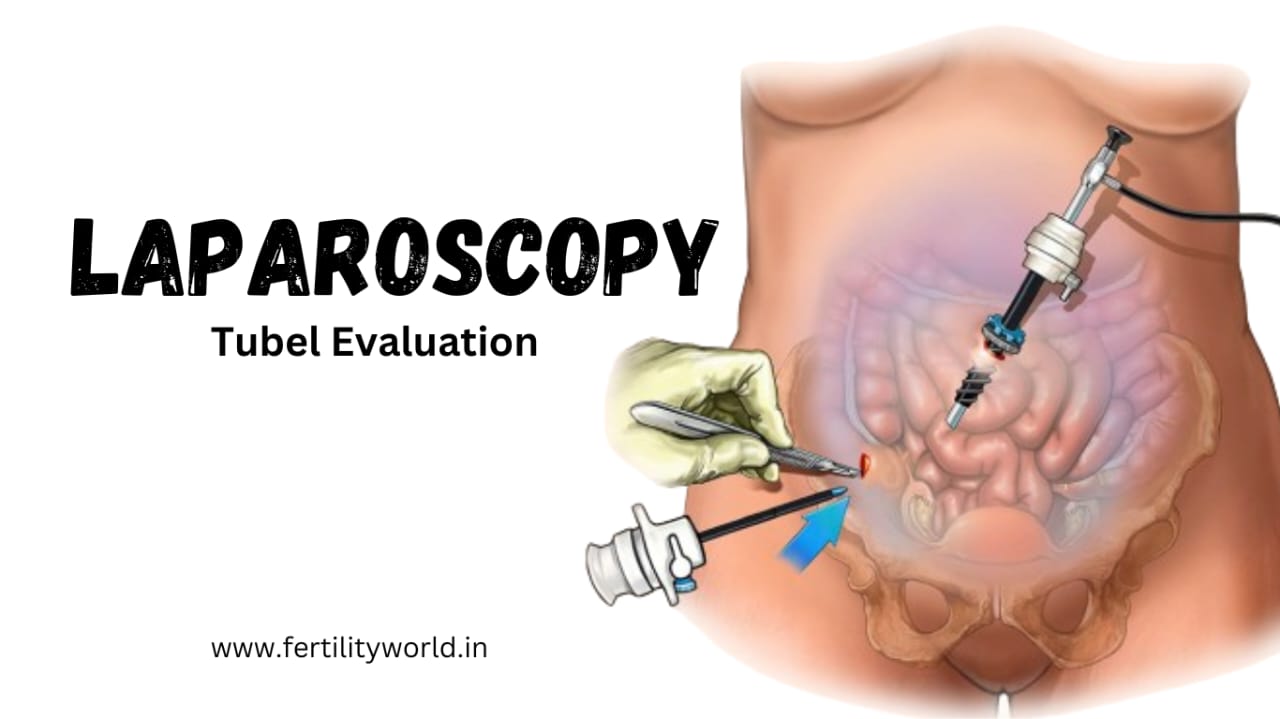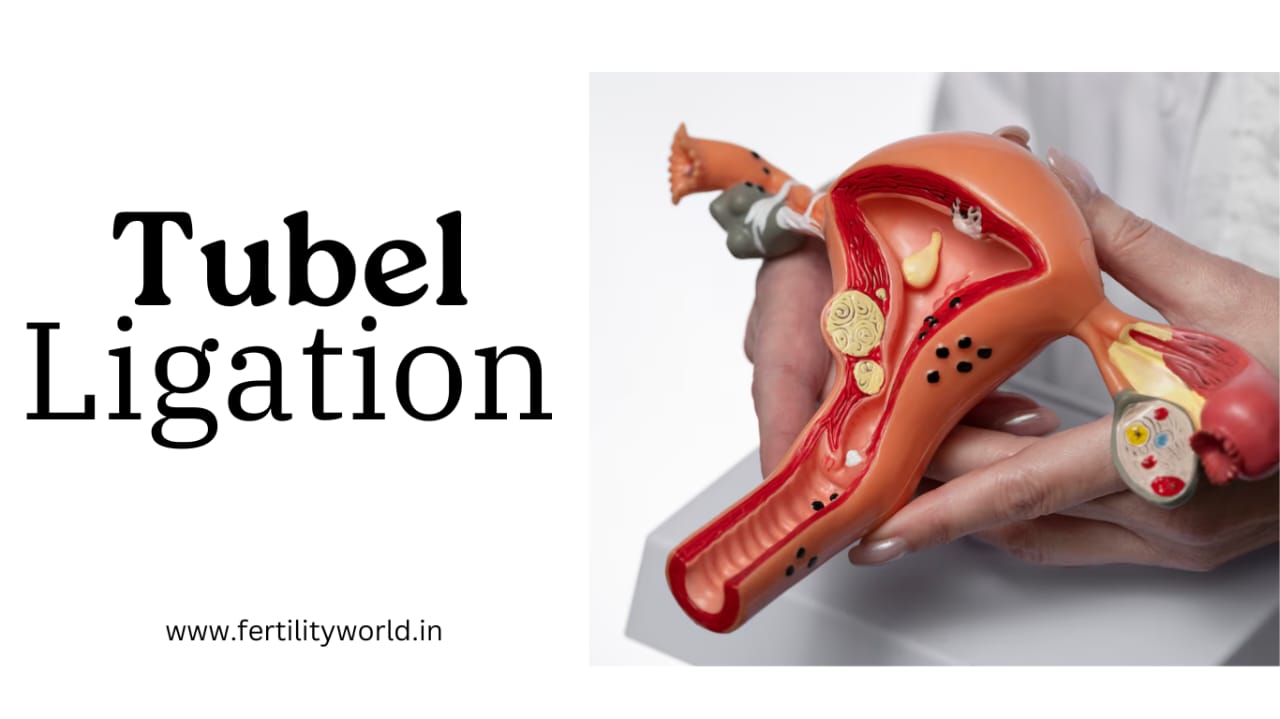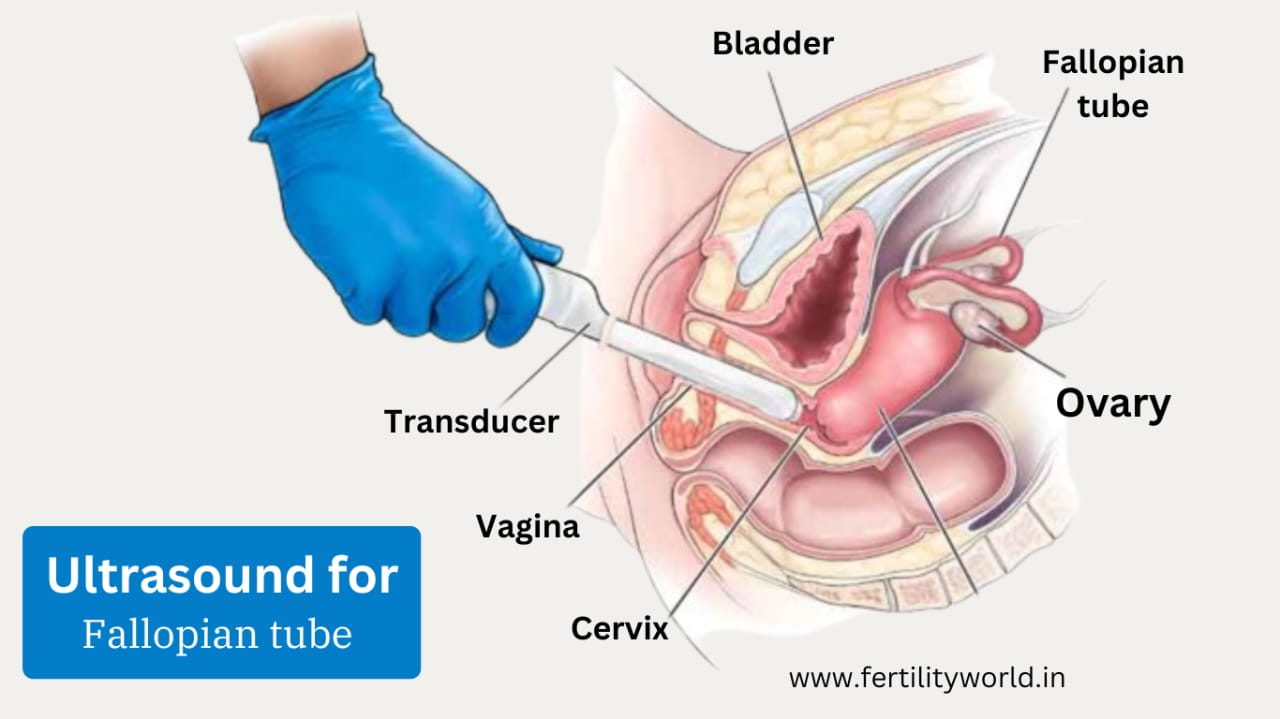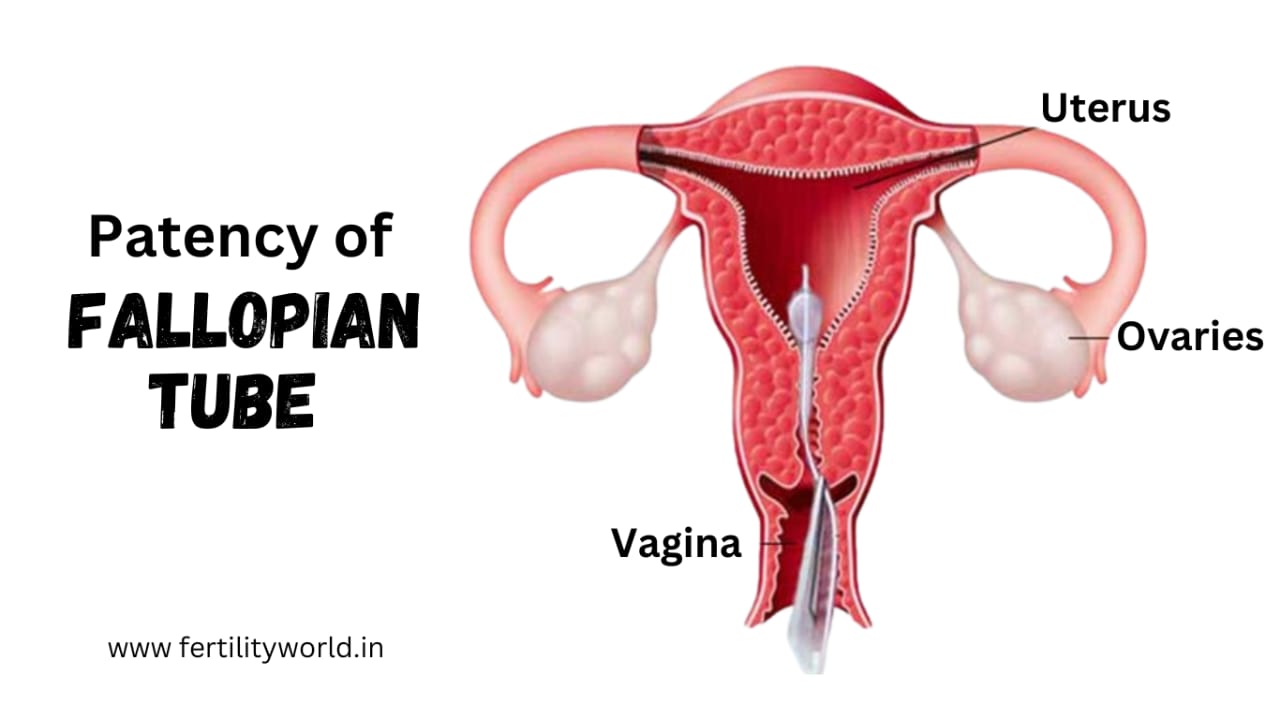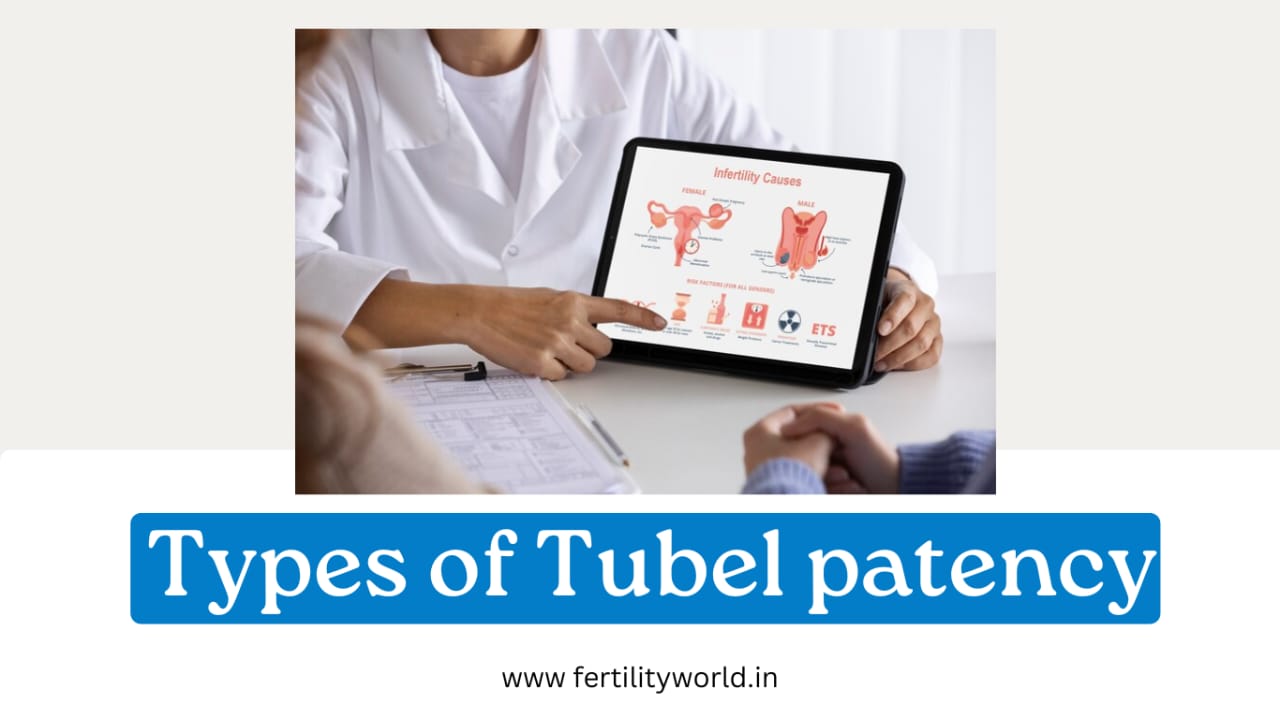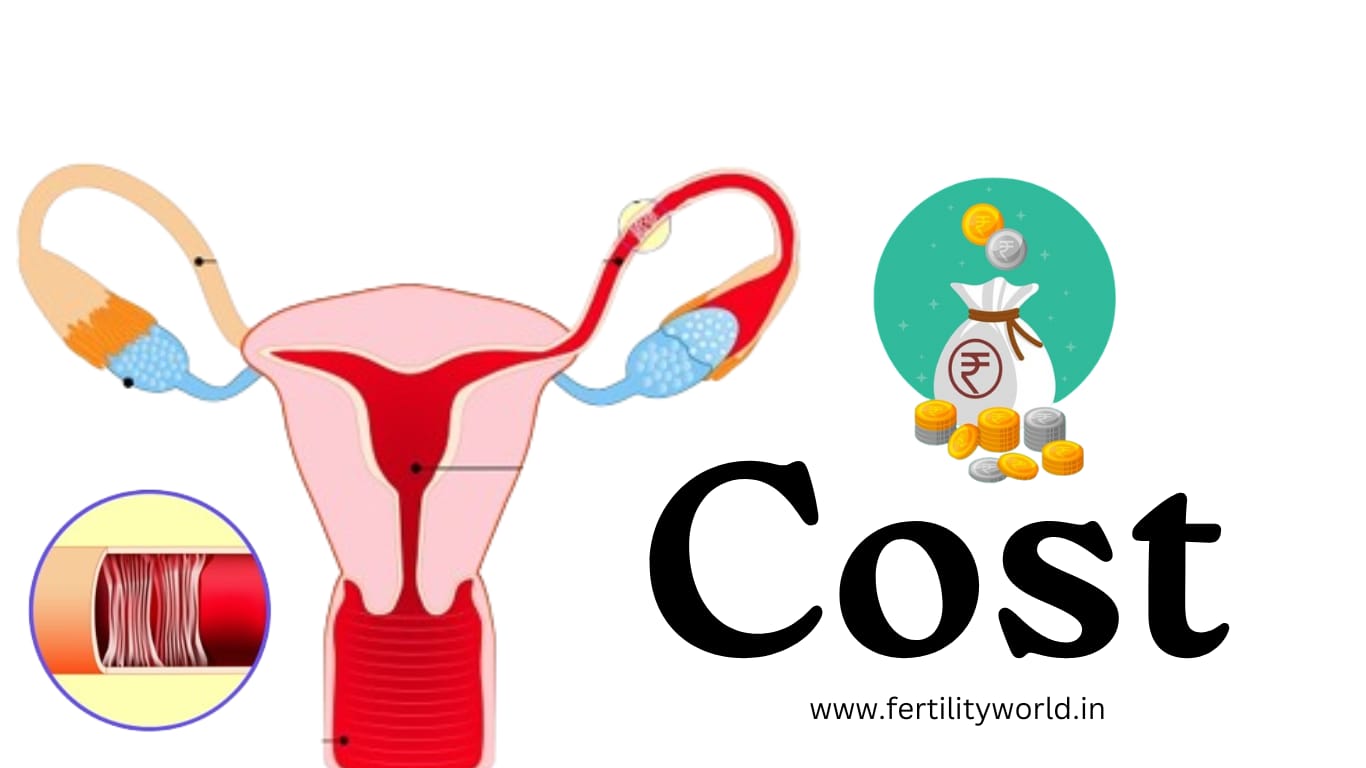For all infertility patients, tubal evaluation is an essential strategy as it outlines the internal conditions of the uterus’s shapes, functions, and associated infertility factors like blocked/damaged fallopian tubes, endometriosis, fibroids, etc. Tubal factor is responsible for infertility in 35-40% of cases. There are recently developed advanced tests and imaging techniques to evaluate fallopian tubes. The fertilityworld is the top fertility clinic offering precise and guaranteed tubal examination procedures.
- Book an online appointment: Get a free consultation.
- Call\Wa: +91 9311850412 Email: info@fertilityworld.in
What is tubal evaluation?
Tubal evaluation is a procedure or technique to understand the fallopian tube strategy and uterine cavity. In the female reproductive system, fallopian tubes connect the ovaries to the uterus. This channel is the only system where every human reproductivity occurs from ovary release, uniting the sperm, fertilization, embryo receptive to implantation, and carries a pregnancy. Any infertility impact (endometriosis, fibroids, block/damage tube, etc) on these organs can cause miscarriages, recurrent pregnancy, and pregnancy failure in both natural processes or Assisted reproductive technology like IVF, ICSI, FET, IUI, surrogacy, etc. Therefore, tubal evaluation can identify tubal conditions in advance and correct them to achieve a successful pregnancy.
How do Doctors check fallopian tubes?
Wondering what tests for tubal patency are available? “Patency” simply means whether your tubes are open and working. Today, Doctors check the fallopian tubes with various advanced technologies non-surgically or surgical investigative modalities. They include hysterosalpingography (HSG), saline infusion sonography (SIS), hystero-contrast sonosalpingography (HyCoSy), laparoscopy, and dye test (Chromopertubation). However, the most common and popular method used by Doctors to check fallopian tube patency and tubal pathology is HSG.
Hysterosalpingography (HSG) tubal evaluation
Hysterosalpingography or hysterosalpingogram (HSG) evaluates fallopian tube blockage and irregular structure of the uterus. HSG consists of iodinated contrast and X-rays with a special fluorescence dye. Hysterosalpingography (HSG) is safe, not very expensive, and can potentially support pregnancy rates. HSG specifically determines fallopian tubes and associated factors including, tubal patency (openness tubes), tubal occlusion (blocked tube), tubal irregularity, and peritubal diseases. This HSG procedure is done when a woman is not pregnant.
During the procedure, an X-ray records the images of the uterine cavity and fallopian tubes while they’re filled with a special dye which enables the doctors to view the clear fallopian tube structure and the uterus. HSG finds out the fertility problems associated with fallopian tubes, that can prevent patients from getting pregnant
Is HSG a painful procedure?
Usually, hysterosalpingography (HSG) in tubal evaluation shows a less painful procedure and minimal discomfort. However, some patients report a feeling of intense menstrual cramps, and mild to moderate pain during the procedure. However, such discomfort is a short time of 30 minutes with an over-the-counter pain medication. A hysterosalpingogram can be acutely painful while placing a cervical tenaculum, traction on the cervix, instillation of dye through a cervical cannula, and tubal spilling only during the procedure.
Saline infusion sonography (SIS) tubal evaluation
A transvaginal ultrasound evaluates the uterus and ovary accurately but ultrasound does not visualize the normal fallopian tube due to the absence of a tissue-fluid interface. However, the fallopian tube can be visualized only when there is fluid in the tubal lumen or outside the tubes. For this reason, a saline (hydrosalpinx/fluid) is introduced with ultrasound to study the fallopian tube which is called Saline infusion sonography (SIS). During the SIS procedure, a saline/fluid is transvaginally inserted through the cervix into the uterus using a catheter and evaluates the normality of the fallopian tube or openness from the ultrasound. SIS is a useful tool in the initial workup of infertility patients with better compliance, low cost, and better results in a single visit.
Hystero-contrast sonosalpingography (HyCoSy) tubal evaluation
HyCoSy is a recently developed technique for the evaluation of the fallopian tubes using a transvaginal ultrasound, before and after the injection of an enhancing agent into the tubes through the uterine cavity. If the enhancing agent flows when scanning, it means the fallopian tube openness is normal. HyCoSy is a safe, less painful, and relatively inexpensive procedure, which can be carried out in a short time during an outpatient consultation to determine the normal fallopian tube.
Laparoscopy for tubal evaluation
A laparoscopy procedure evaluates the false obstructions of the fallopian tubes, diagnosis of pelvic adhesive bands, and also endometriosis. Laparoscopy is usually recommended when suspected bilateral tubal occlusion is evaluated during the HSG procedure. It helps to directly visualize the fallopian tubes, the uterus, and the pelvis.
Evaluation of tubal ligation.
Tubal ligation is a surgical procedure for females that permanently controls the pregnancy which involves cutting or tying the fallopian tubes, it is also referred to as tubectomy. This tubal ligation is simply evaluated by Hysterosalpingography (HSG), Saline infusion sonography (SIS), Hystero-contrast sonosalpingography (HyCoSy), and laparoscopy ultrasound guidance. Any of these mentioned procedures above on this page can evaluate the success, or obstructions involved after tubectomy.
Can the fallopian tube be seen on ultrasound?
Yes, the fallopian tubes can be seen on the ultrasound by introducing a fluid or hydrosalpinx in the tubal lumen or outside the tubes because the normal fallopian tube is usually not visible on ultrasound images unless surrounded by small amounts of free peritoneal fluid, also the normal fallopian tube appears solid, separate from the ovary and isoechoic to the uterus. Therefore, ultrasound documentation of the fallopian tube is not mostly recommended by the experts because when visualized using solutions, the fallopian tube has the risk of dilation or thickening and could cause fallopian tube abnormality.
Patency of fallopian tube test
The most common and standard test procedure to evaluate the patency of the fallopian tube is hysterosalpingography (HSG) followed by hysterosalpingo-contrast sonography (HyCoSy). Hysterosalpingography (HSG) is simple, safe, inexpensive, with no anesthetic, and performed as an outpatient procedure in the X-ray department. During the HSG procedure, a dye that is visible on an X-ray is inserted into the uterus through the cervix using a fine catheter and the X-ray images are captured allowing the doctors to see the shape of the uterus and tubes and the patency of tubes. Hysterosalpingo-contrast sonography (HyCoSy) is another recommended for evaluating the patency of the fallopian tube using a transvaginal ultrasound, before and after the injection of an enhancing agent into the tubes through the uterine cavity allowing the expert to evaluate the normal fallopian tube.
Types of tubal patency test
There are different types of tubal patency tests and usually recommended depending on the patient’s fertility conditions and response to medication. Different types of tubal patency tests include
- Hysterosalpingography (HSG),
- Radiologic selective cannulation of the fallopian tube,
- Ultrasonography (SIS and HyCoSy),
- Hysteroscopy,
- Tubal endoscopy,
- Laparoscopy,
- Laparotomy.
Tubal evaluation costs
Tubal evaluation costs and tubal patency prices are much more affordable in India when compared to other Asian and Western countries. The fertilityworld is the top fertility clinic in India that offers the finest fertility treatments and fertility services.
- Hysterosalpingography (HSG) average cost is Rs. 2000 to Rs. 30,00. HSG inclusive cost may vary on different factors including the location of the clinic, the type of insurance coverage, and any additional services or tests that may be demanded by the conditions.
- Saline infusion sonography (SIS) average cost is between Rs. 1000 to Rs. 20,00.
- Laparoscopy surgery’s average cost ranges from Rs. 35,000 to Rs. 80,000 for all types of diseases and problems that require diagnosis, removal, repair, resection, or reconstruction.
- Hysterosalpingo-contrast sonography (HyCoSy) average cost is between Rs.1000 to Rs. 20,00.
- The cost of Hysteroscopy starts from Rs. 15,000 onwards and depends on several factors. The cost can be slightly negotiated from the side of the professionals during free consultations.
- Tubal endoscopy: The cost of endoscopy in India ranges from Rs.1000/- to Rs 3000/-. When a tubal endoscopy procedure doesn’t involve surgery or biopsy, the cost is usually low, while their inclusion may raise the cost.
- Laparotomy: The cost of Laparotomy ranges from Rs. 45,000 to Rs. 65,000 depending upon multiple factors. A surgical incision (cut) into the abdominal cavity to examine the abdominal organs, and fallopian tubes, and aid diagnosis of any problems, including abdominal pain. In this operation, the problem once identified can be fixed during the laparotomy.
Conclusions:
If your infertility causes are diagnosed as a tubal factor or your infertility factor is unknown, evaluating your fallopian tubes is essential. Fallopian tubes are considered the sole reproductive organs because they connect the ovary and the uterus. Not only that, in the fallopian tube, the egg and sperm travel, unite, and fertilize. The embryo then passes through the fallopian tube towards the uterus and gets implanted in the uterine cavity ensuring a positive pregnancy. Any complications like blockage, damage, endometriosis, or fibroids, can cause failure to fertilization, implantation, and pregnancy. Therefore, tubal evaluation is considered one of the most essential strategies to identify infertility factors and correct them for future successful pregnancies.
The fertilityworld is the top clinic in India that offers top infertility treatments and services including different advanced procedures of tubal evaluation at the lowest cost. Contact the fertilityworld today.

